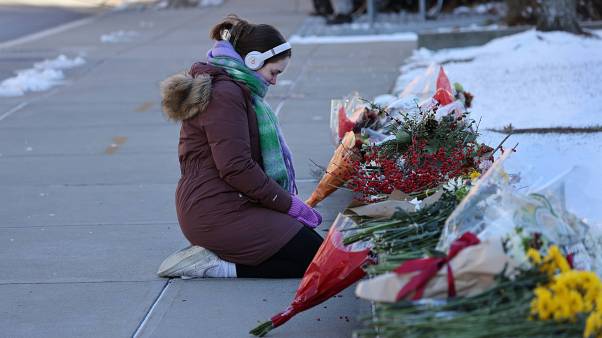
As a show of solidarity with my seven-year-old daughter, I recently reread the classic Little House on the Prairie books and Anne of Green Gables. One phenomenon I noticed this time around (probably because I’m in the habit of thinking about church leadership) was that the books’ good, churchgoing characters didn’t have to choose between churches of various sizes and stripes. They simply attended the church in town and enjoyed (or put up with) the teachings of Reverend So-and-So every Sunday.
My, how things have changed. Along with the constant and dizzying array of choices we face every day, we have the luxury of choosing the church we like best. I know some small towns and villages in our country still have only one church. But in most of those cases, people live within driving distance of other communities and might choose to drive to one of them to attend another church. And the situation is very different where I live – in some areas I can find a church on every block. And on a recent trip to the area around Fort Worth, Texas, I thought I saw at least two churches on every block.
Sometimes I wonder how people make sense of the selection and choose a church to attend. I have my own preferences and when moving to a new area, I’ve chosen the comforts of my “home” denomination. But many churches downplay their denominational affiliation, if they have one. It actually can be hard to discover. And for people without the constraints of denominational preference – and especially those for whom church attendance is not a long-ingrained habit – how do they make a selection? I’m not sure how I would (apart from visiting every church in town and depending on the guidance of the Holy Spirit).
Some churches don’t seem all that concerned about this question, while for others it seems of primary concern. Some churches have learned to differentiate and market themselves smoothly; others try but stumble awkwardly. In both smooth and awkward attempts, churches often subtly put down other churches, implying that they’re the only ones who’ve finally got it right. (We’re the friendly church. We’re the fun ones. We’ll welcome you. You won’t feel judged here.) I know what this communicates to me; I wonder what it says to people on the outside looking in.
So in their efforts to attract people, should churches differentiate themselves from one another? Should they highlight their attractive features somehow without implying that other churches are less attractive? Should they call attention to themselves at all? And if they should be promoting their individuality, what sorts of differentiation do you believe make sense to people who are looking for a church?
What do you think?








